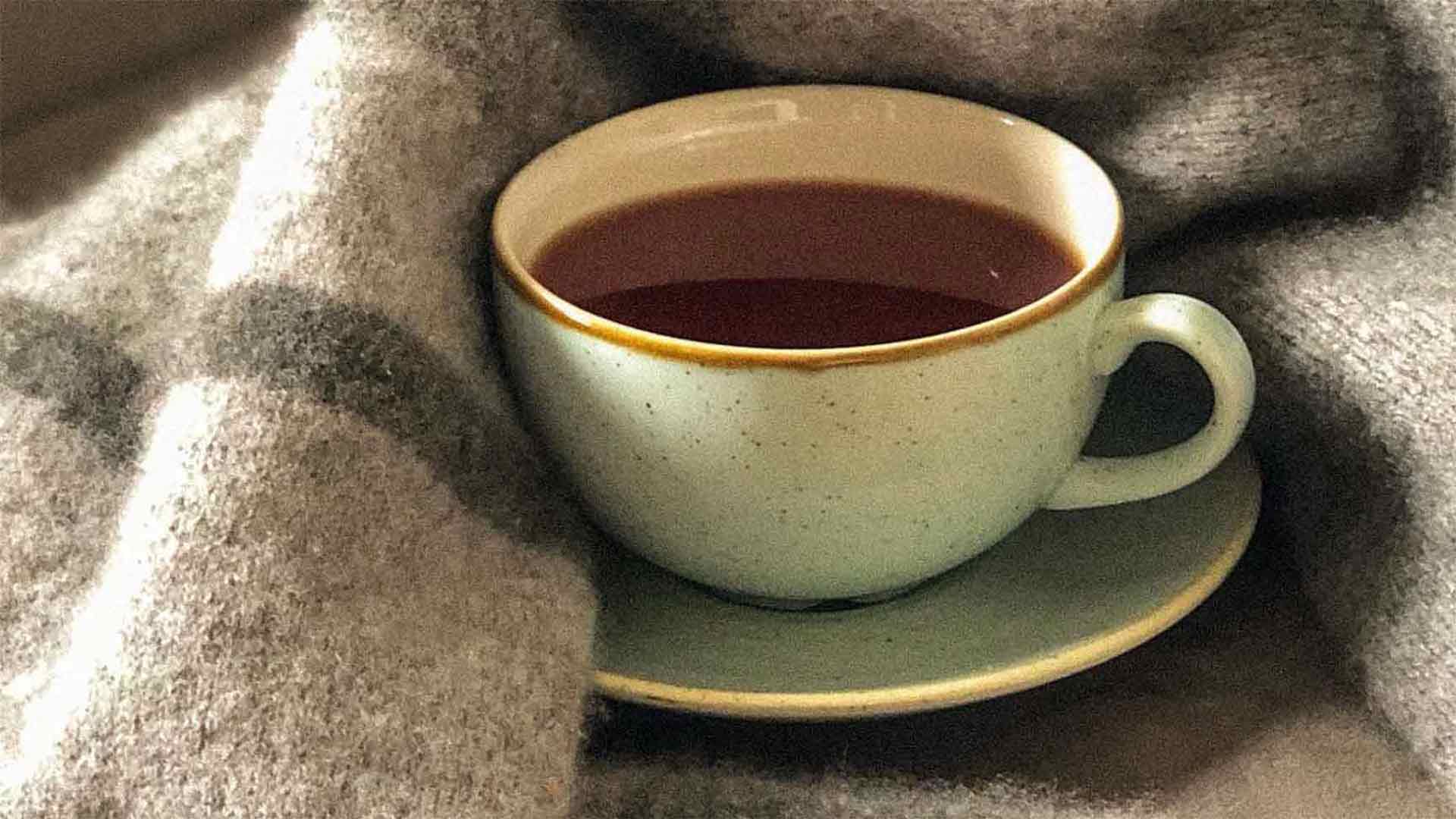Let’s face it, getting through your 9-to-5 is hard enough without having to deal with the effects of a bad night’s sleep. Every system in your body benefits from those regenerative hours, so when you miss out, it doesn’t just make your day harder, it can have a real impact on your health.
The foods you eat in the evening play a crucial role in determining the quality of your sleep. So to stay healthy and well rested, it’s important to pay attention to your diet later in the day. Here are 6 of the worst offenders you should avoid before bedtime.
1. Caffeine
While cozying up with a hot cup of coffee is a morning ritual for many of us, when it gets close to bedtime, caffeine isn’t a friend. A caffeine kick too late in the afternoon can cause increased worrying, difficulty falling asleep and rousing at night.
It also decreases your slow-wave delta sleep, that deep sleep phase that’s vital to your immune health and overall wellness. To ensure you get the best quality sleep you can, avoid drinking coffee, tea or caffeinated soda within 6 hours of bedtime.
2. Alcohol
With fun names like ‘Sleepy Hollow’ and ‘Sidecar’ it’s no wonder that nightcap cocktails are so popular. But even though it’s true that alcohol can make you fall asleep faster, it also interferes with normal phases of sleep later in the night, and affects thermoregulation, the way your body maintains its internal temperature.
This can lead to tossing and turning or early waking and may leave you feeling tired and disoriented the next day. Over the longer term, a pattern of dependency can develop if you consistently rely on alcohol to help you nod off.
This isn’t to say that you should never enjoy a glass of wine with dinner, but it’s recommended that you stop drinking alcohol at least 4 hours before bed.
3. Spicy Foods
Heartburn is uncomfortable at any time of the day, but it’s especially frustrating when it happens as you’re trying to drift off. Indulging in too many spicy foods like peppers—and even mustard—can cause acid reflux. When you’re lying in bed, there’s less gravity keeping your stomach contents in place, making this effect worse. To prevent this from happening, avoid eating spicy foods within 3 hours of bedtime.
4. High-Fat Foods
When you enjoy a meal, the macronutrients you eat (carbohydrates, protein and fats) are digested at different rates. Carbohydrates—ever the over-achiever—are digested first, followed by protein and finally fats. This isn’t just because fats are hard to break down; your body also has to do extra work to absorb them into your bloodstream (talk about high maintenance!).
As the day goes on, your body’s digestion slows down. By 7 pm, your gut is moving much more slowly than it was in the morning. So if you’re eating high-fat foods for dinner, they’re going to take even longer than usual to digest. This delay causes your stomach to make more acid, which can lead to acid reflux and ultimately disturbed sleep. Stop eating fatty foods several hours before bedtime, especially if you’re prone to digestive issues.
5. Sugary Foods
Dessert or no dessert? When it comes to sugar’s impact on shuteye, the answer isn’t as straightforward as you might think. Though more research is needed, most studies suggest that high-sugar diets result in decreased sleep quality. The reason: Sweet treats can cause a spike in blood sugar and adrenaline, which can get in the way of rest.
So it’s a good idea to limit sugary foods before bedtime. If you’re craving a sweet snack, opt instead for a healthier choice like a banana or a couple of dates.
6. Ultra-Processed Foods
It would be unfair to say all processed foods should be avoided before bed. Milk (unless it’s coming straight from the source) is considered processed—and a warm cup can help you relax.
But ultra-processed foods high in salt, preservatives and additives are a different story. These ingredients can cause dehydration, disrupt your sleep cycle and increase the frequency of nighttime wakings. Instead of these highly processed snacks, aim for more natural and whole foods, not just for better sleep, but also for your overall health.
Last words
What you eat before bedtime can affect the quality of your sleep. Avoiding these 6 foods in the evening can help you wake up ready to take on the world the next day. If you do get the late-night munchies, opt for healthy foods that are easy to digest and promote sleep hormones like melatonin.
Check out next: Top 7 foods for better sleep
About Ruby
Ruby is a Registered Pharmacist, Board Certified-medication Management Specialist, and Personal Chef. She believes that whole health creates more vibrant living and is a strong advocate for integrative wellness.
Ruby is just one of the many experts at Persona who are here to accelerate your wellness journey. If you have questions about nutrition or your personalized program, reach out now or book a free appointment with Ruby or another of our amazing nutritionists.
*These statements have not been evaluated by the Food and Drug Administration. This product is not intended to diagnose, treat, cure, or prevent any disease.
This information is not intended as a substitute for the advice provided by your physician or other healthcare professional, or any information contained on or in any product label or packaging. Do not use the information from this article for diagnosing or treating a health problem or disease, or prescribing medication or other treatment. Always speak with your physician or other healthcare professional before taking any medication or nutritional, herbal, or homeopathic supplement, or using any treatment for a health problem. If you have or suspect that you have a medical problem, contact your health care provider promptly. Do not disregard professional medical advice or delay in seeking professional advice because of something you have read in this article.

